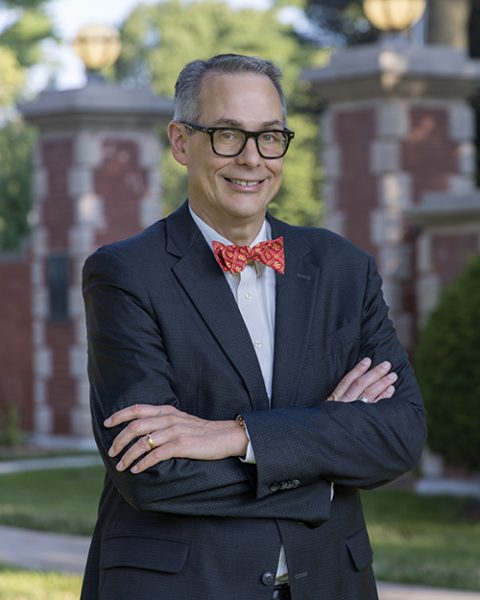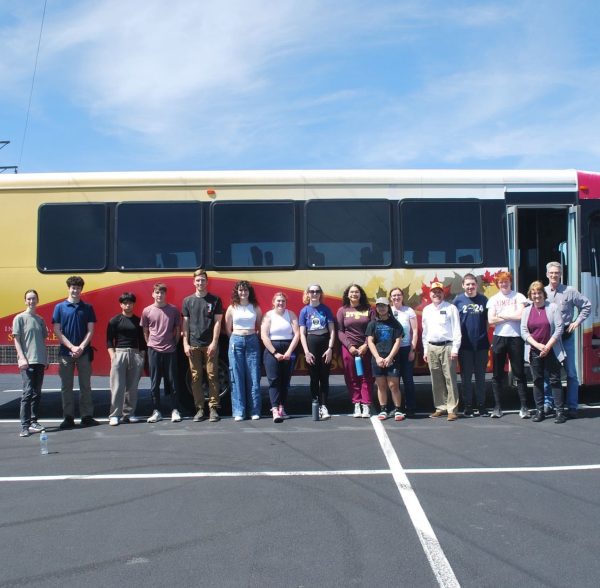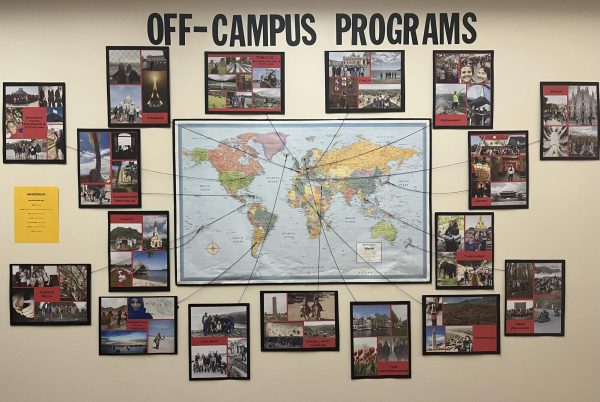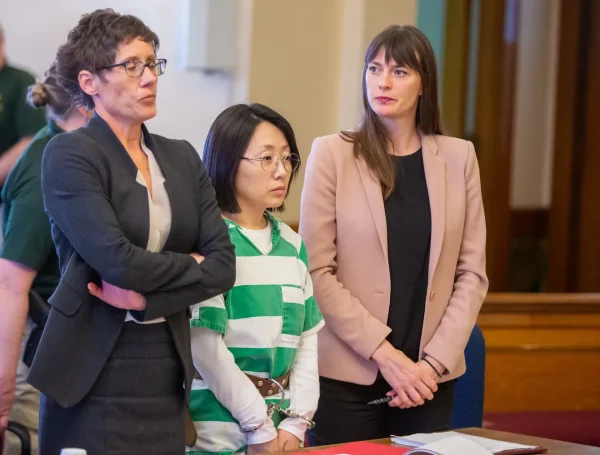What to expect from Iowa’s General Assembly and Governor Branstad
January 20, 2015
“Together We Can” was the theme of Governor Terry Branstad’s 2015 Condition of the State Address given on Jan. 13, before the 86th Iowa General Assembly. The address covered a wide range of topics from the budget to the infrastructure of Iowa.
Branstad used the address to commend the Assembly for their efforts in the past session and to highlight the positive turn of the economy in Iowa.
“In the past four years, 168,700 jobs have been created,” Branstad said. “Iowa’s unemployment rate has been slashed by nearly 30 percent and over $9 billion in private capital investments have located in Iowa.”
Outlining his plans for 2015, Branstad emphasized his commitment to bringing an end to bullying in Iowa schools, enforcing tougher punishments against habitual domestic abusers and improving access to broadband Internet throughout rural Iowa.
Among the legislation being proposed by Branstad is The Bully Free Act of 2015. The bill will require parental notification of bullying at schools, provide investigator training to school employees to look into instances of bullying and create a program to train student mentors.
“Iowa common sense tells us that every child in Iowa deserves to go to school each and every day in a safe and respectful learning environment,” Branstad said. “They deserve a classroom and a community that allows them to grow and flourish, not live in fear of when the bully will strike again.”
In a similar vein, Branstad is taking on the issue of domestic abuse in the Iowa home. His plans include expansion of the use of GPS in monitoring domestic abusers and creating a new classification for habitual abusers that would triple the mandatory minimum sentence.
“The legislation holds criminals accountable for their abuse, allows them ample time to rehabilitate and protects our communities,” Branstad said.
Also making a return this session is Branstad’s proposal to expand access to broadband Internet for rural Iowa. The reworked legislation, called the “Connect Every Acre” bill, was defeated in its original form in 2014.
“The fabric of our state is woven together by the gravel roads and interstate highways,” Branstad said. “But in this day and age it must also be connected to broadband as well.”
Branstad’s new plan encourages service providers to build out their broadband networks beyond the cities and out into the rural communities of the state. The idea is to accomplish this through the creation of the Iowa Farms, Schools and Communities Broadband Grant Program.
Additionally, Branstad called for bipartisan support for improving Iowa’s infrastructure and an end to rhetoric that has plagued the issue.
“Without action, Iowa’s roads and bridges face an uncertain future,” Branstad said. “Our farmers will find it more difficult to deliver their commodities to market. Business and industry will look elsewhere when considering where to invest and grow.”
“Building an infrastructure as strong as the future that we want for Iowa must be a bipartisan priority this legislative session,” Branstad intoned.
Of great importance to college students were Branstad’s plans to combat the student debt problem and keep college affordable. Branstad’s proposals include investing in community college, freezing tuition at the state’s public universities and legislation entitled the Iowa Student Debt Reorganization Tax Credit.
“This tax credit allows individuals to volunteer for worthy causes in exchange for having contributions made toward their student debt,” Branstad said.
With a split legislature, Branstad will need bipartisan support to get his proposals passed into law. Democratic Senate Majority Leader Mike Gronstal indicated that the Democratic majority in the Senate thinks many of Branstad’s proposals are worthwhile but lack in helping the middle class.
“Many of the Governor’s ideas will help grow a middle class,” Gronstal said. “We think his broadband, we think his initiative on anti-bullying, those are both tough, complicated issues but things that we care about.”
He continued.
“But what I see lacking is a middle class initiative that’s really going to grow and that’s the prism that Senate Democrats are going to look through on every proposal, does this help grow a middle class,” Gronstal said.
The Iowa State 86th General Assembly’s first day of session was Jan. 12. The session will close on May 1.















